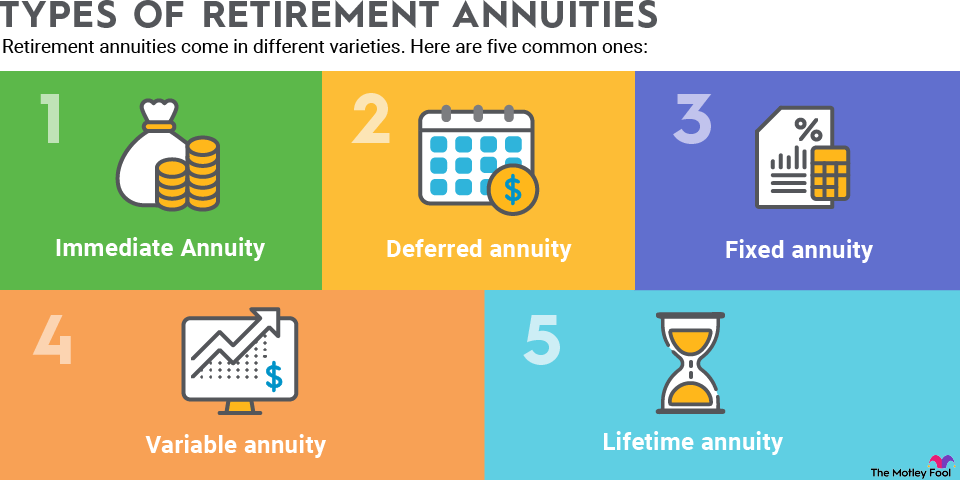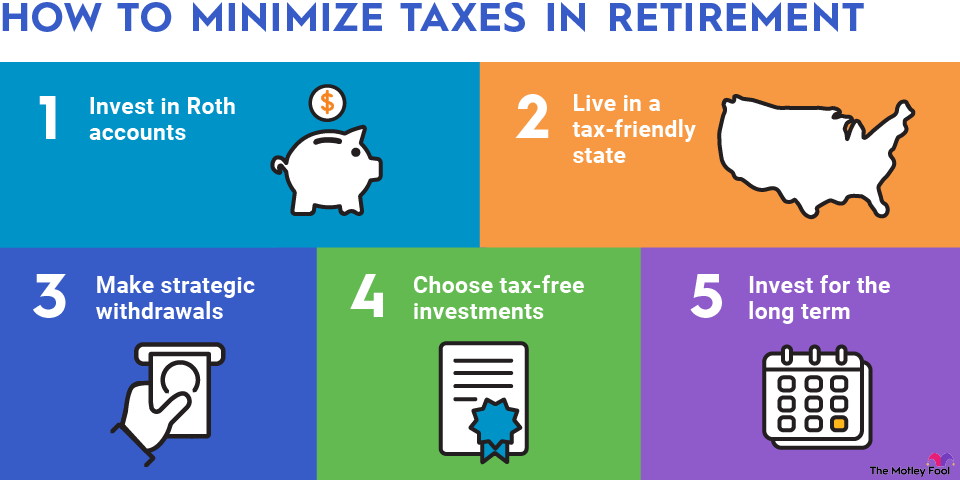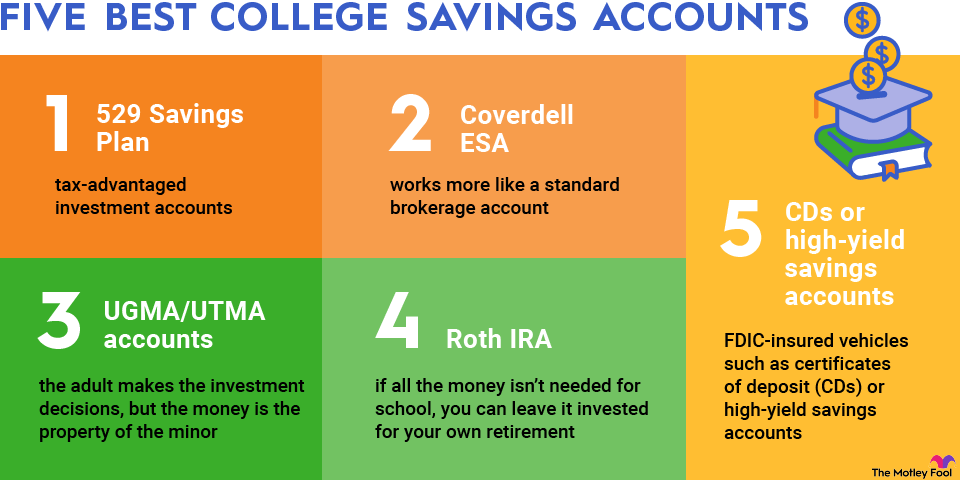A retirement annuity provides guaranteed income in your senior years. That may sound like a solution you need -- particularly if you don't know how long your savings will last. But, like any financial strategy, annuities have their drawbacks. To avoid unpleasant surprises later, it's smart to evaluate the pros and cons before you lock up your cash in an annuity.

Here's a closer look at retirement annuities, including what they are, what types you can buy, their best and worst features, and how they compare to other retirement income strategies.
Understanding retirement annuities
A retirement annuity is a contract between you and an insurance company. You pay the insurer a premium. In return, your funds grow at a fixed or variable rate. Depending on the type of annuity, your funds and the earnings are either automatically or optionally returned to you in a guaranteed series of income payments.
Converting your annuity balance into income is called annuitization. If your contract doesn't require you to annuitize, you could leave your funds invested indefinitely. You may have the option to take one-off withdrawals and/or designate a beneficiary to receive the money when you die.
If you do annuitize, the income you receive is calculated from:
- The accumulated funds you have in the annuity.
- How those funds are invested.
- How long your income payments will last. You can structure the income stream to last for the rest of your life or for a set duration, such as 20 years.
- Whether you have optional features like an inflation adjustment.
People buy annuities primarily for two reasons: tax-deferred earnings and guaranteed income.
- Tax-deferred earnings: The funds in your annuity will earn either a fixed interest rate or grow in lockstep with underlying investments. The resulting income has no immediate tax consequences. Much like a 401(k), you don't pay taxes until you receive payments from your annuity.
- Guaranteed income: Once you annuitize, the insurer is contractually obligated to make your income payments. If the insurer goes bankrupt, your state's guaranty association should cover at least $250,000 of your annuity benefits. Check with your state for the rules that apply to you.
Skeptics argue that these benefits are watered down by the complexity and expense of annuities.
- Insurers use complex calculations to convert a lump sum of funds into income payments. This makes it hard to understand your real rate of return.
- Annuities may charge administration fees, investment fees, commissions, mortality fees, surrender fees, underwriting fees, and distribution fees. These can add up to more than 3% annually or more if you withdraw funds or surrender your contract.
Types of annuities
Retirement annuities come in different varieties. Here are six common ones:
- Immediate annuity: You fund an immediate annuity with a lump-sum payment. The payment stream can start in as early as one month or as long as one year after funding the annuity.
- Deferred annuity: A deferred annuity has the option to be annuitized at some future date. You can pay the premiums in a single lump-sum payment or a series of payments. Most deferred annuities allow for one-off withdrawals in case you need cash but aren't ready to annuitize.
- Fixed annuity: In a fixed annuity, your funds grow at a guaranteed interest rate. The terms of the guarantee can vary, however. Some annuities may guarantee the rate for the first year only, while others may guarantee the rate for the life of the contract.
- Variable annuity: Growth in a variable annuity is tied to the underlying investments of your choice. These investments, called sub-accounts, are like mutual funds.
- Lifetime annuity: A lifetime annuity does not have an end date for the income payments. Instead, your income payments continue until you die. Lifetime annuities generally have lower payouts than term-based annuities. This is because the insurer accepts the risk that you'll live longer than projected.
These annuity types are not mutually exclusive. For example, you can purchase a single annuity that is deferred and variable. If you decide to annuitize, you could structure the payments to last for the rest of your life or for a specific term, such as 20 years.
Pros and cons of annuities
Pros
- Tax-deferred earnings. The earnings in an annuity, whether fixed or variable, are tax-deferred.
- Reliable income. Annuities generate income you can use to pay living expenses in retirement.
- No contribution limits. Other tax-advantaged programs, such as 401(k)s and individual retirement accounts (IRAs), have annual contribution limits. There are no contribution limits on retirement annuities.
- Optional death benefit. If you add a death benefit to your annuity, your beneficiary will receive the remaining payments or a guaranteed minimum similar to a backup life insurance policy.
Cons
- Cost. Annuity premiums have embedded fees. The fees lower the long-term returns, so that an annuity may not be as profitable as other options, such as saving and investing.
- Complexity. Annuities can be complicated. It can be hard to understand what you're getting for your premiums.
- Taxable income payments. If you purchase an annuity with pre-tax funds, any withdrawals from your annuity are fully taxable. If you purchase an annuity with after-tax funds, withdrawals are partially taxable.
- Early withdrawal penalties. You'll pay income tax plus a 10% penalty if you withdraw funds from your retirement annuity before age 59 1/2.
- Illiquid asset. Before age 59 1/2, it can be expensive to withdraw funds from your annuity. And, once you annuitize, you cannot change the terms of the payments. It is possible to sell or surrender an annuity, but you'll lose some of your invested principal in the process.
Alternatives to annuities
If you want long-lasting income without the fees and complexity of annuities, there are other options. Social Security and dividend stocks are two that may serve your needs.
Social Security: Besides annuities, Social Security is one of the few income streams designed to last for the rest of your life after you start claiming it.
Your Social Security benefit is calculated from your earnings history. Still, you can influence the amount -- even as you near retirement. You could, for example, raise your working income in the last few years of your career to push your benefit higher. Waiting to collect Social Security would also increase your benefit.
Relative to an annuity, Social Security has the obvious advantage of no up-front cost. If you delay your retirement to raise your Social Security benefit, you will forgo income up front. But at least that money doesn't come out of your savings account.
Dividends: Dividend stocks could also generate lifelong income. Unfortunately, this is not guaranteed. A company always has the option to lower, suspend, or cancel its dividend.
The good news is that some dividend stocks are more reliable than others. Dividend Aristocrats® (the term Dividend Aristocrats® is a registered trademark of Standard & Poor’s Financial Services LLC), for example, are companies that have paid and increased their dividends for 25 or more consecutive years. There's also a group of 50-year dividend increasers called Dividend Kings.
Dividend Aristocrats and Dividend Kings don't guarantee dividends, but they won't be quick to cancel a dividend, either. If you can handle some risk, these stocks are suitable options for retirement income.
Relative to annuities, dividend stocks have more uncertainty but greater income potential. You'll earn the dividend income, plus your stocks should also appreciate over time.
Related retirement topics
The premium for guaranteed income
A retirement annuity guarantees income for a specific duration or for the rest of your life. That guarantee can be comforting, especially if you're worried about outliving your savings. A big downside is that annuities charge a premium for the peace of mind they provide.
Fortunately, you don't necessarily have to choose between an annuity and other income strategies.
Your retirement plan can incorporate multiple income sources -- an annuity, a strategically timed Social Security benefit, plus dividend income, for example. Diversifying in that way can soften the drawbacks of each income source, including your annuity's fees and the uncertainty of a dividend portfolio.


















